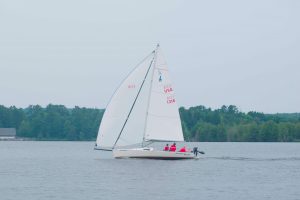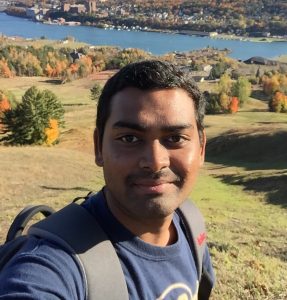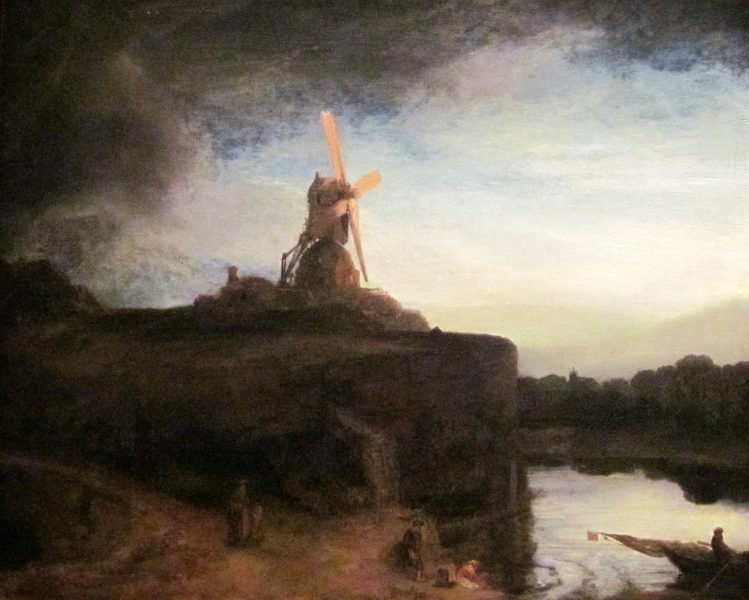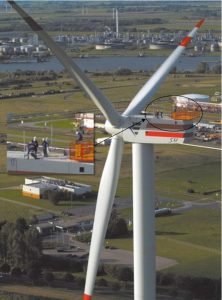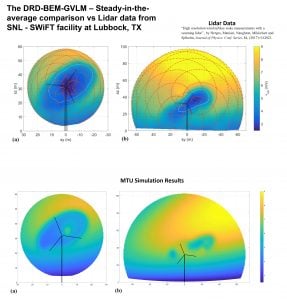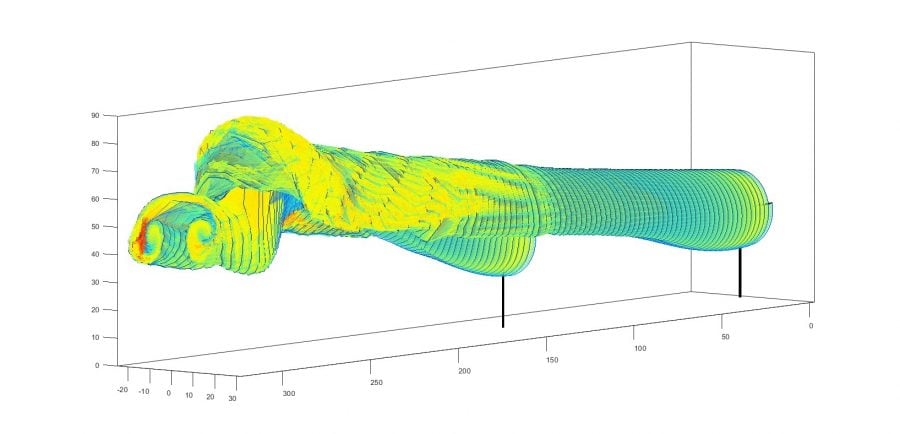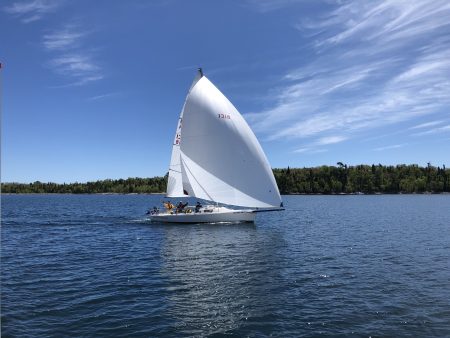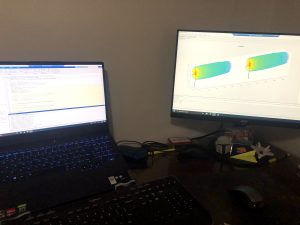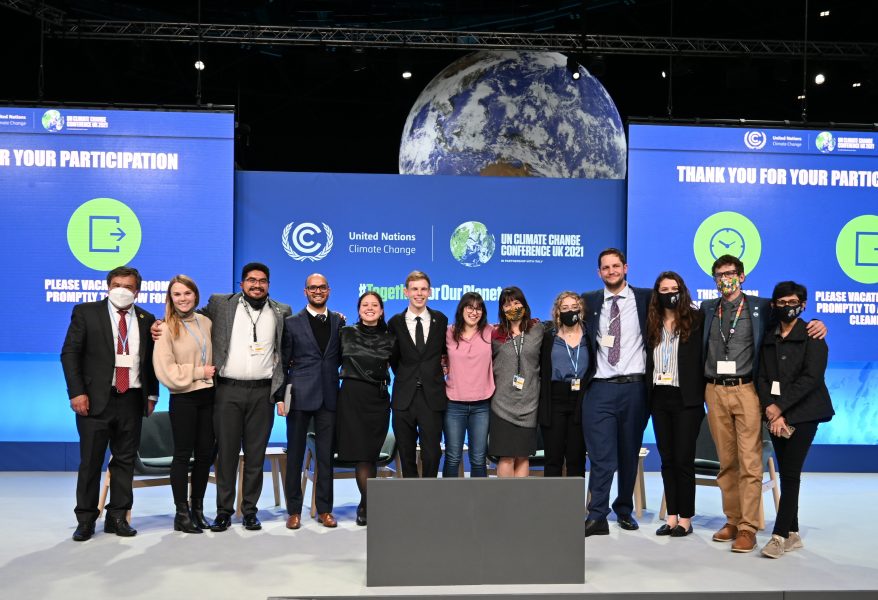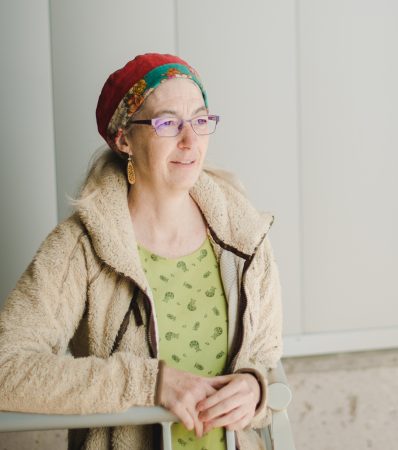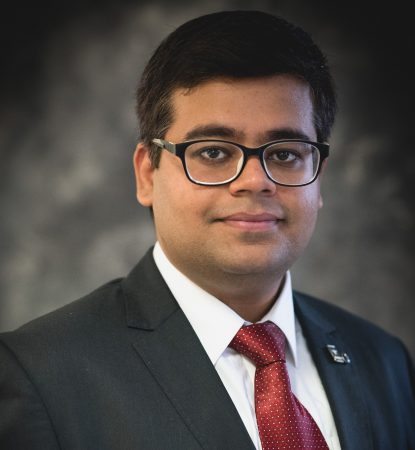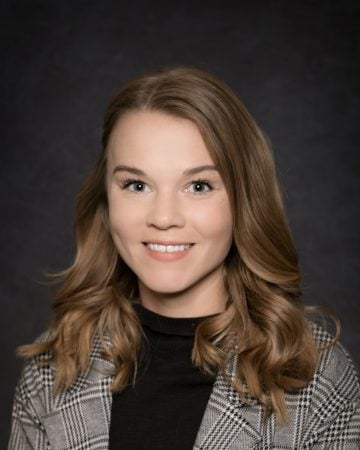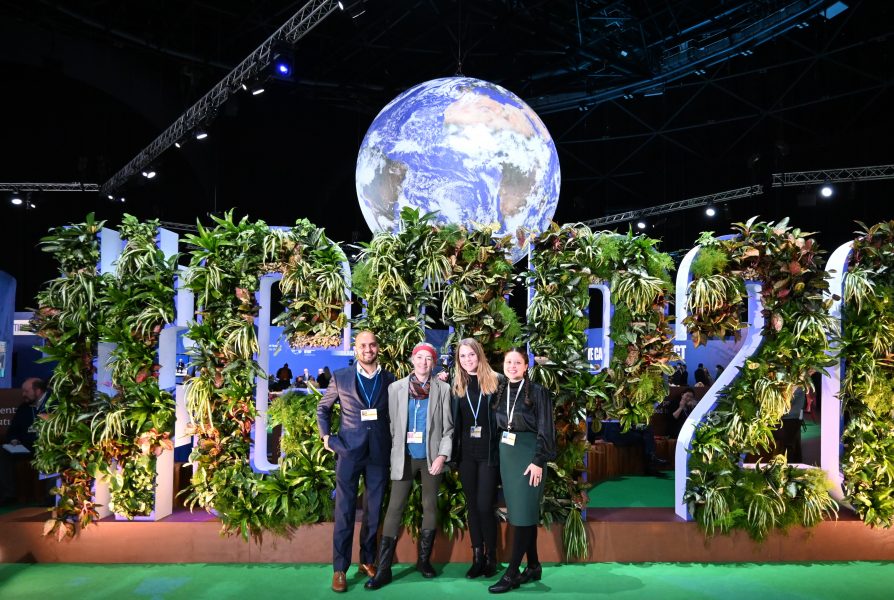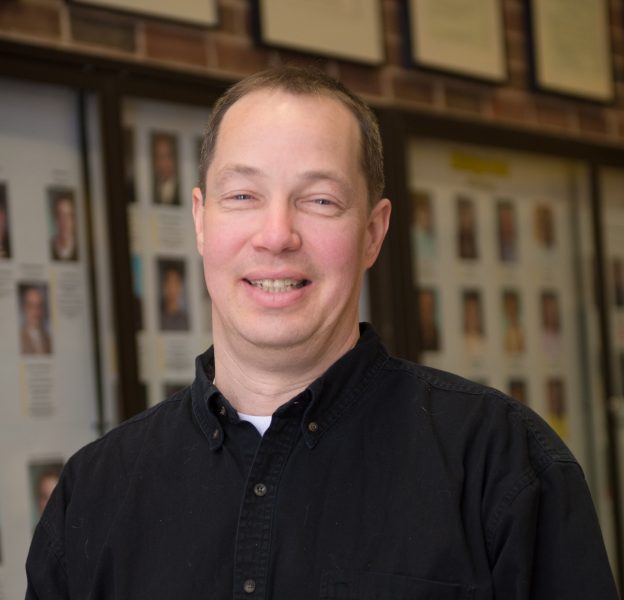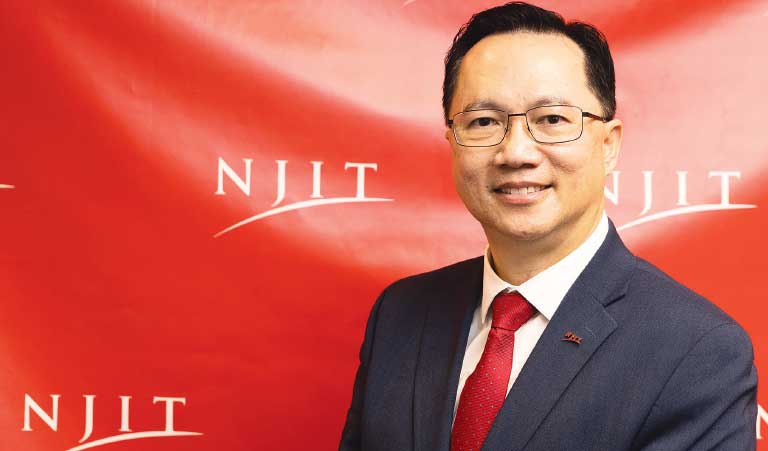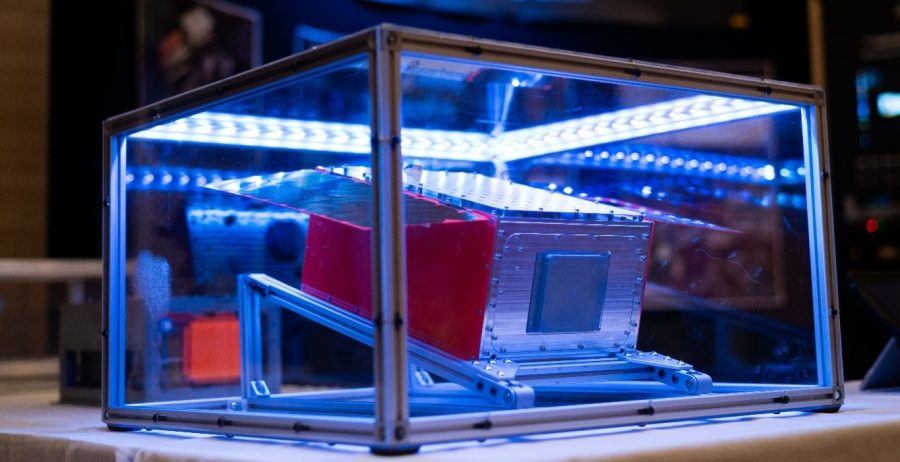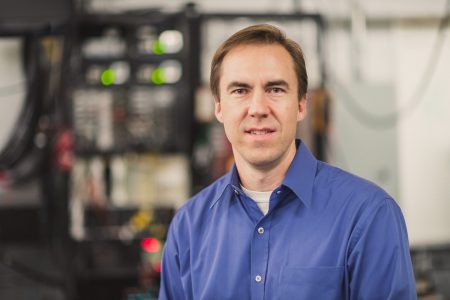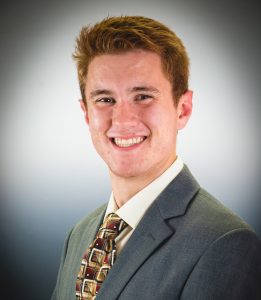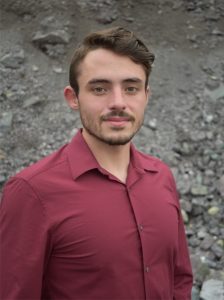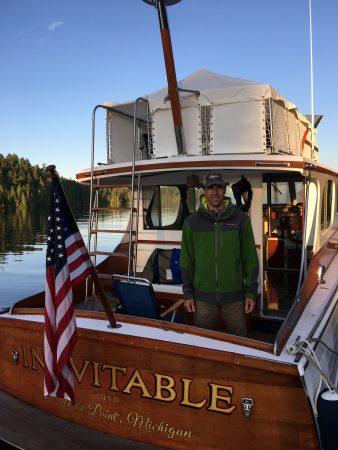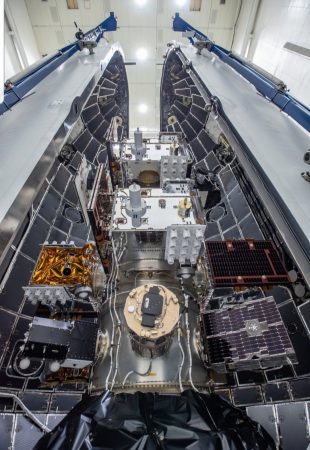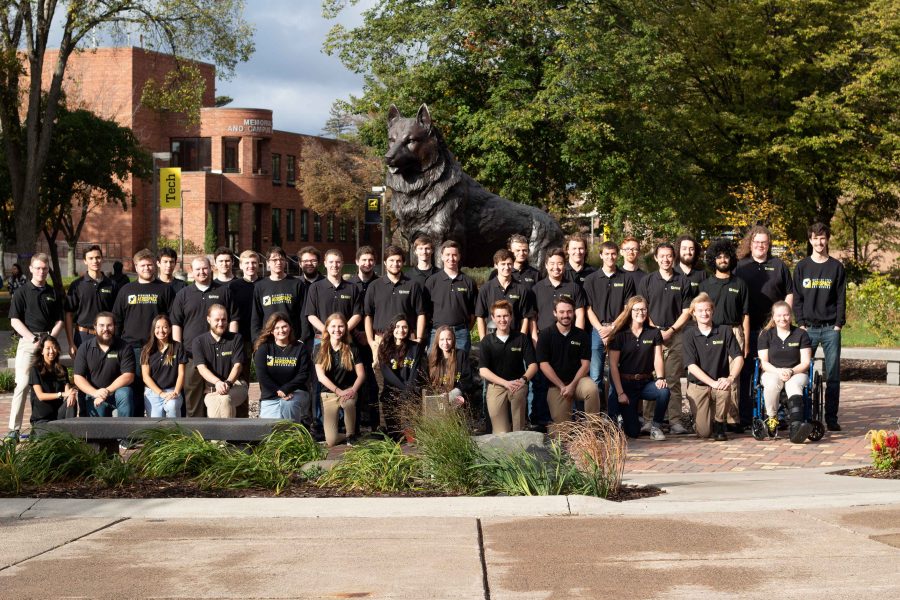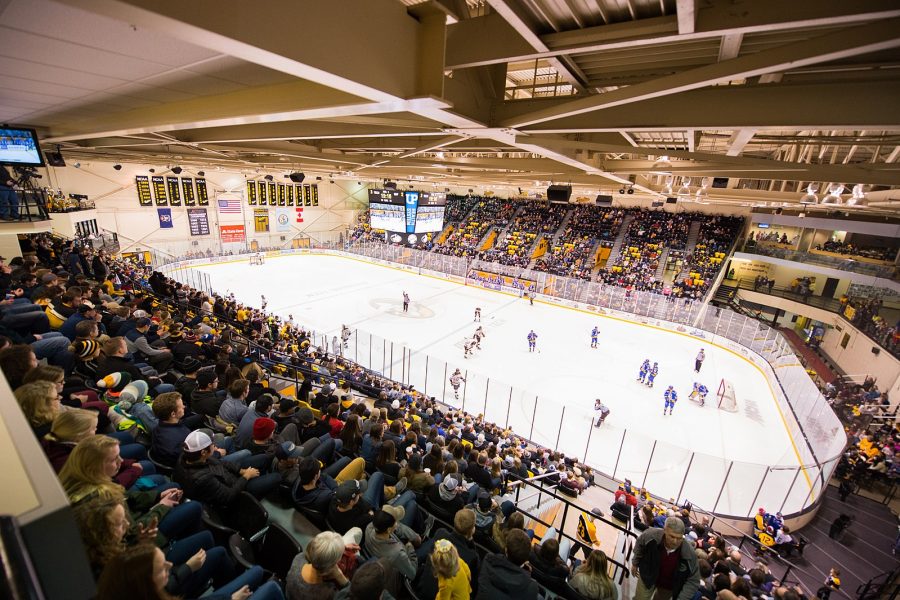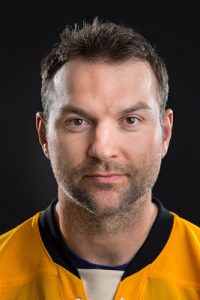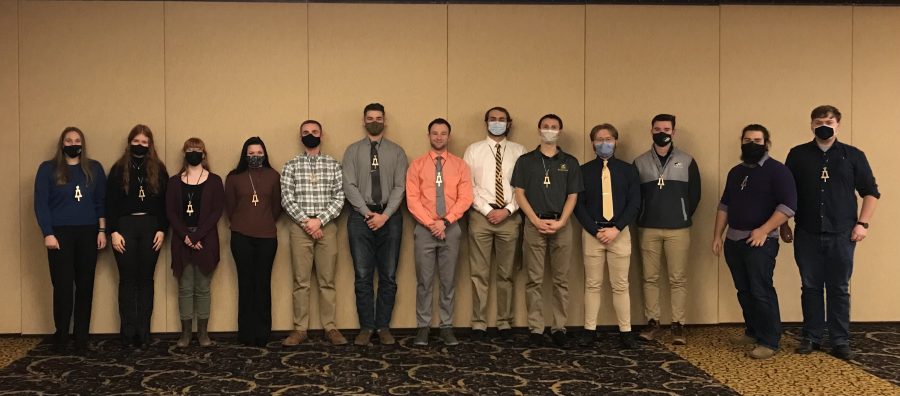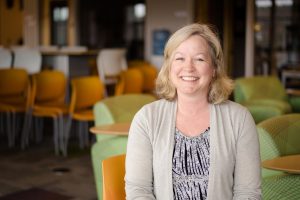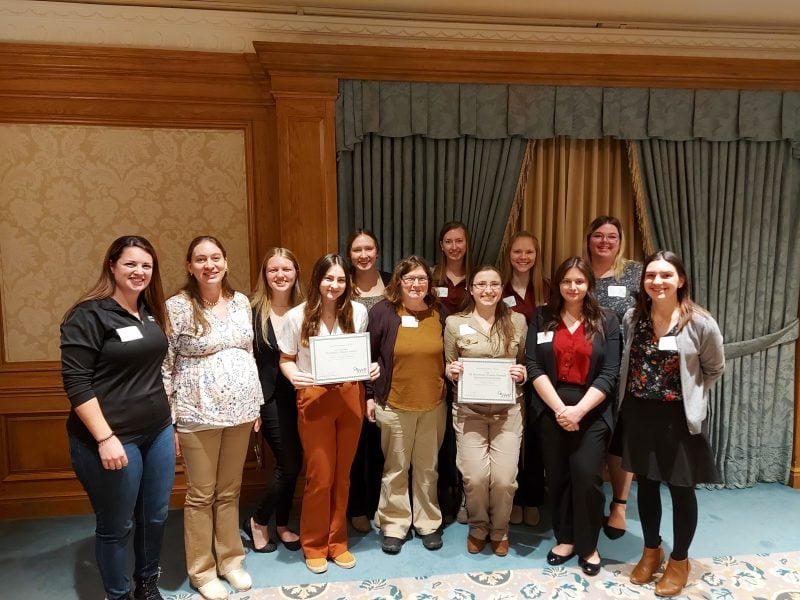
Nine student members of Michigan Tech’s section of the Society of Women Engineers (SWE) and their advisor, Gretchen Hein (MMET), recently attended Spring Forward, a professional development day in Kohler, Wisconsin, hosted by the SWE-Wisconsin.
Laura Kohler, Senior Vice President of Human Resources, Stewardship and Sustainability at Kohler Company gave the keynote address. She spoke about her career path, the importance of diversity, and leadership.
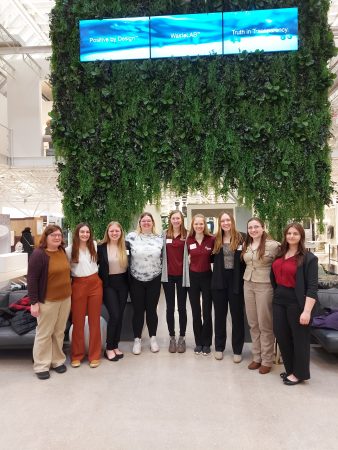
Mechanical Engineering alumna Jackie (Burtka) Yosick ‘14 also works at Kohler. She was on hand to discuss her work with engines and generators.
“We were also pleasantly surprised to meet Helene Cornils, director of the Advanced Development Kitchen and Bath Group at Kohler and the parent of a current Michigan Tech biomedical engineering student,” said Hein.
Two former Michigan Tech SWE Section presidents, Katie Buchalski ’19 and Andrea (Walvatne) Falasco ’12 were also present at the event. Buchlaski is an environmental engineering alumna now working at Ruekert-Mielke, where she designs municipal road and utility projects with a focus on modeling the stormwater runoff from individual sites to city-wide studies. Falasco, a mechanical engineering alumna, is lead mechanical engineer at Kimberly Clark, where she designs new equipment to make products that include Kleenex, Huggies, and Kotex.
Numerous Michigan Tech students won SWE awards at the event, as well. One of those was biomedical engineering major Kathleen Heusser, who won a first place scholarship from the GE Women’s Network.
“Receiving the first-place 2022 GE Women’s Network Scholarship was an incredible honor,” said Heusser. “In addition to the tuition assistance it provides, the scholarship affirms my confidence in the value of my resume, my education, and my professional references, as well as my scholarship essay on what being an engineer means to me,” she explains. “The last paragraph in my essay shares how my work as an engineer will be motivated by my love of others in order to work hard–creating solutions to the problem of an individual, a company, or a society.
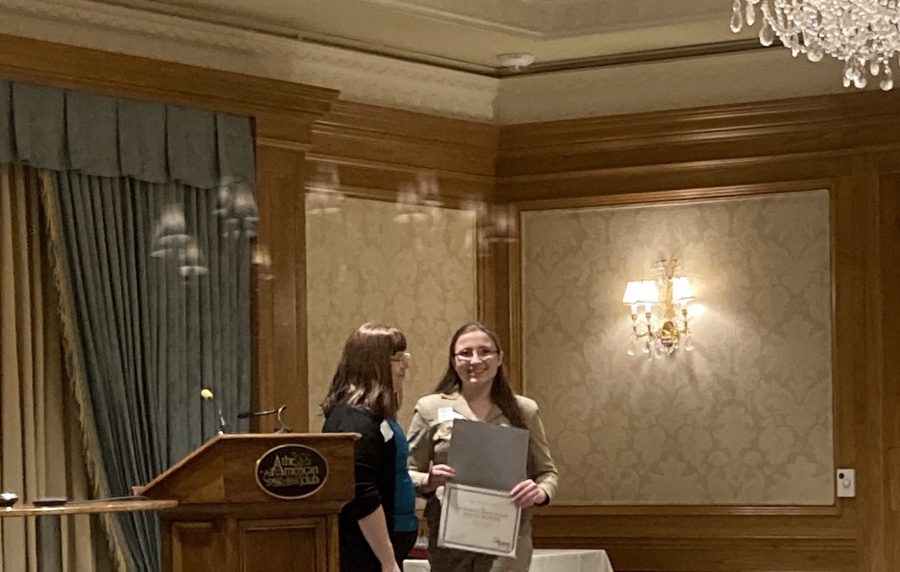
Another highlight of the day: Michigan Tech’s SWE section received the SWE-Wisconsin President’s Choice Award.
After the conference, each Michigan Tech student in attendance reflected on their participation and what they learned:
Aerith Cruz, Management Information Systems: “It was a great opportunity for Michigan Tech SWE members to bond and connect with one another. Being able to travel as a section and experience professional development together is a fulfilling experience. We are able to share learning opportunities and build long-lasting connections with one another. It is also incredibly fun getting to know each other while exploring the area.”
Kathryn Krieger, Environmental Engineering: “It was inspiring to hear the paths of various women, and the impacts they have made. I really enjoyed hearing about modern, female-centered design that benefits women in impactful ways–rather than the stereotypical ‘pink and shrink’ method.”
Natalie Hodge, Electrical and Computer Engineering (dual major): “Laura Kohler shared this quote in her presentation, attributed to Cassie Ho: ‘Don’t compare yourself to others. It’s like comparing the sun and the moon. The sun and the moon shine at their own time.’”
Katherine Baker, Chemical Engineering: “I especially enjoyed attending the session, ‘Navigating Early Stage Careers: The First 10 Years’. It had a great panel that gave a ton of advice on how to advance as an engineer in the workplace.”
Maci Dostaler, Biomedical Engineering: “Women are necessary when it comes to inclusive design, which was covered during one of the sessions, ‘Breaking the Glass Ceiling’”.
Alli Hummel, Civil Engineering: “Laura Kohler talked about the importance of making time for your personal life and how that is necessary to succeed at work. She is a great example of a woman who succeeds in prioritizing both work and family life.”
Lucy Straubel, Biomedical Engineering: “I really enjoyed the whole experience. It was great to hear all the advice everyone else could give me. And making friends and memories was a bonus, too.”
Amanda West, Mechanical Engineering: “One of the things I liked most about the conference was keynote speaker Laura Kohler’s speech, where she mentioned the importance of having and maintaining relationships with your mentors, an important part in developing your career and professional skills.”
Kathleen Heusser, Biomedical Engineering: “In one session called Navigating Early Stage Careers: The First 10 Years, Tess Cain of DSM, among others, gave insightful tips about saying ‘no’ to a project or demand from management that’s just not feasible. She pointed out that how others accept your ‘no’ depends a lot on how you say it. You should use a response that includes ‘I can’t/Here’s why/Here’s what I would need to make this work’ in order to go in a doable direction with the project. And another inspiring quote, overheard during the Nonlinear Careers and the Versatility of Engineering Degrees panel, was that ‘100 percent of candidates are not 100 percent qualified.’ Raquel Reif of Kohler, in particular, stressed that already having expertise in a job field is not a necessary prerequisite to apply for the job you want.”


